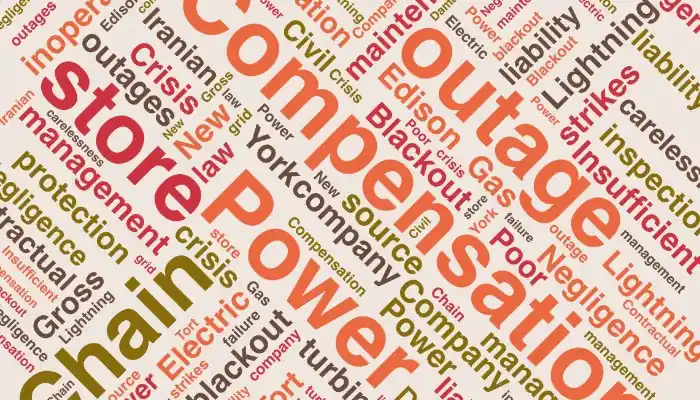Company A and the defendant bank have had financial dealings over the past years, and in this context, guarantees were issued by the defendant bank, all of which have been settled with the company except for two specific guarantees.
For various reasons, these mentioned guarantees were collected from the defendant bank, and the bank, contrary to legal regulations, proceeded to issue two deferred civil partnership loans at an interest rate of 27% and set a penalty for late payment. The funds from the recent loans were immediately withdrawn to settle the aforementioned guarantees upon deposit. This action by the bank is in violation of monetary and banking laws and regulations, as the legislator does not permit an increase in the money supply based solely on contracts that are contrary to the law without any actual economic activity.
Following the two deferred civil partnership contracts (formal contracts), the defendant bank obtained white-signed contracts, agreements, and documents from the company. Additionally, by performing calculations contrary to the country’s monetary and banking regulations and various central bank circulars, the bank calculated the interest and demanded interest on the interest, which from the viewpoint of the legislator and religious law is deemed conflicting.
The bank’s attorneys, while participating in the court session and through a submitted brief, raised a substantial objection stating that the legal nature of the guarantee and the partnership contract are separate, and the banking operations were conducted independently for each agreement (guarantee – civil partnership contract). Citing Article 223 of the Civil Code and the principle of validity, they declared that the bank’s actions were correct and that the plaintiff (Company A) lacks evidence of non-compliance with the law and regulations. They further argued that the bank in all the partnership agreements drafted did not specify a definite profit, and it is not logical for the bank to pay an exorbitant amount to the plaintiff without expecting any profit in return. Such an interpretation contradicts the customary practice of banking contracts and restricts banking activities, and as per Article 14 of the executive instructions, the expected profit is considered a predicted profit. The bank’s attorneys also requested the court to clarify from which sources the guarantees were settled and whether the plaintiff (Company A) made the account balance deposit or if it was performed by the client bank, citing the noble verse “Fulfill your contracts.” They have asked for a verdict dismissing the plaintiff company’s claim.
The court, considering the submitted petition and evidence presented, and in light of the statements in the submitted briefs regarding the guarantee, civil partnership loans, debt rescheduling, and the conformity of actions with monetary and banking regulations and applicable laws, ordered an expert evaluation to review the parties’ statements, documents, concluded contracts, and to inspect accounts related to the loans and the conduct of the banking officials.
Summary of the Decision
The adjudicating authority, on the date of 2018/07/07, after delineating the essentials in describing both the minor and major premises, recognized and established the plaintiff’s claim as valid and proceeds to issue the verdict as follows:
1. Verification and declaration of the invalidity of two instances of deferred civil partnership loans under the numbers 1013/47/951502/1 dated 2016/02/29 and 1012/47/951502/2 dated 2016/02/29.
2. Verification and declaration of the invalidity and lack of legal and religious legitimacy of the guarantees issued by the defendant bank related to the mentioned civil partnership contracts.
3. Verification and declaration of the invalidity and illegality of the calculations made by the defendant bank regarding the aforementioned deferred civil partnership loans.
4. Sentencing the defendant bank to pay litigation damages in accordance with the statutory tariff.




